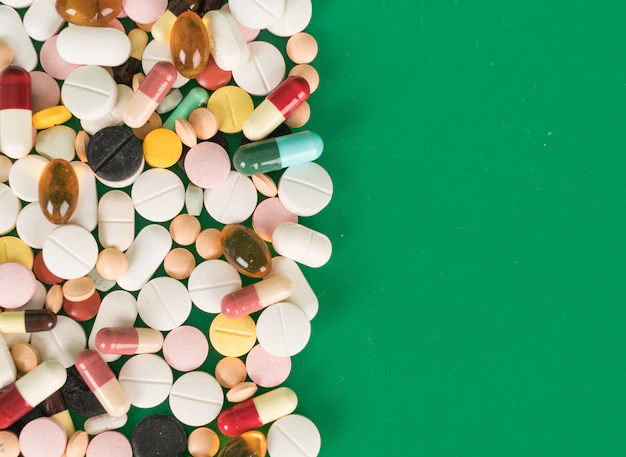Treating Depression with Monoamine Oxidase Inhibitors

Monoamine oxidase inhibitors (MAOIs) are a type of antidepressant medication that work by blocking the activity of the enzyme monoamine oxidase, which is responsible for breaking down neurotransmitters like serotonin, norepinephrine, and dopamine. By blocking the activity of this enzyme, MAOIs increase the levels of these neurotransmitters in the brain, which can help alleviate symptoms of depression.
MAOIs are usually prescribed when other antidepressant medications have not been effective. They can be particularly helpful for people with atypical depression, which is a subtype of depression characterized by symptoms such as increased appetite, weight gain, and fatigue.
However, MAOIs can also have potentially dangerous side effects and interactions with certain foods and medications, so they are generally only prescribed after other treatment options have been explored. People taking MAOIs need to be careful to avoid foods that contain high levels of tyramine, a substance that can cause dangerous spikes in blood pressure when combined with MAOIs.
Some examples of MAOIs include phenelzine (Nardil), isocarboxazid (Marplan), and tranylcypromine (Parnate). If you are prescribed an MAOI, it is important to follow your doctor’s instructions carefully and report any side effects or symptoms of dangerous interactions with other medications or foods.
